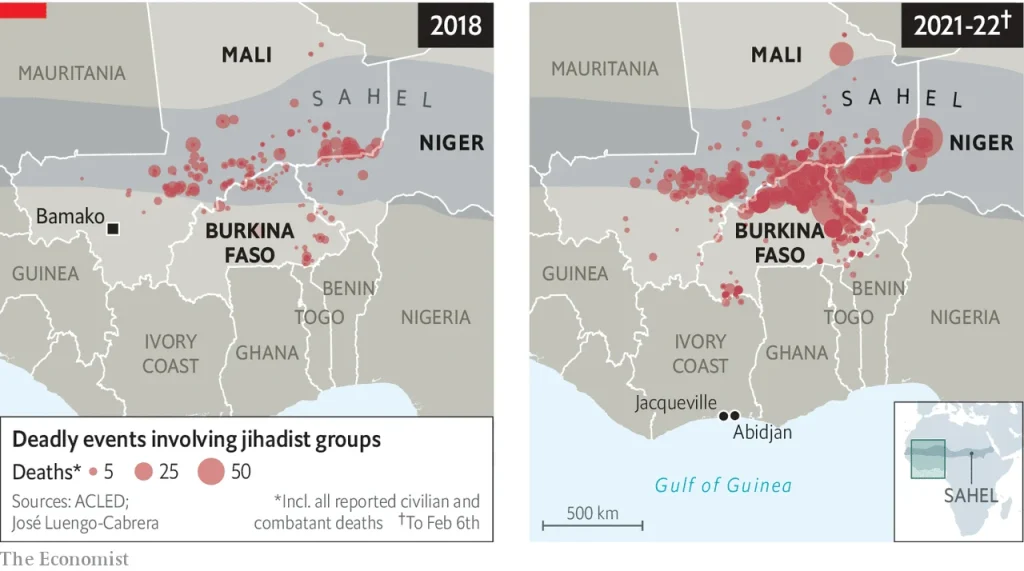Uganda, known for its diverse natural resources and favorable climate, has immense potential in renewable energy. With a growing population and increasing energy demand, the government and private sector are increasingly looking toward sustainable energy solutions to power the country’s future. This article explores Uganda’s renewable energy landscape, the opportunities it presents for businesses, and the challenges that need to be addressed to fully realize its potential.
Current Energy Landscape
Uganda’s energy sector has been historically dominated by hydroelectric power, primarily generated from the Nile River. Despite this, the country faces significant energy supply challenges, with a large portion of the population lacking access to reliable electricity. According to the World Bank, only about 28% of the population has access to electricity, highlighting the urgent need for alternative energy sources.
Recognizing the importance of diversifying its energy portfolio, the Ugandan government has developed policies and frameworks to promote renewable energy investments. The National Development Plan emphasizes the need to increase electricity generation from renewable sources, including solar, wind, biomass, and geothermal energy.
Solar Energy Potential
Solar energy is one of Uganda’s most abundant renewable resources, given the country’s high levels of solar irradiation. The solar market has seen significant growth in recent years, with various companies offering solar home systems, solar water pumps, and larger solar installations for businesses and communities.
Off-grid solar solutions are particularly impactful in rural areas where electricity access is limited. These systems provide affordable, reliable energy for lighting, cooking, and powering appliances, improving the quality of life for millions of Ugandans.
Investment Opportunities in Wind and Biomass Energy
In addition to solar energy, Uganda has substantial wind and biomass energy potential. Areas in the northeastern region of the country exhibit favorable wind conditions, making wind energy an attractive option for power generation.
Biomass, derived from agricultural residues and organic waste, also presents a significant opportunity. Uganda’s agricultural sector produces large amounts of waste, which can be converted into biogas for cooking and electricity generation. This not only provides energy but also helps manage waste effectively.
Investors can explore opportunities in establishing wind farms and biomass energy plants. Such projects can create jobs, stimulate local economies, and contribute to Uganda’s overall energy security.
Challenges Facing the Renewable Energy Sector
Despite the potential for growth, several challenges hinder the development of Uganda’s renewable energy sector. These include:
- Regulatory and Policy Frameworks: While the government has made strides in creating supportive policies, regulatory frameworks can still be improved to enhance investor confidence and streamline project approvals.
- Access to Finance: Limited access to affordable financing is a significant barrier for many renewable energy projects, especially for small and medium-sized enterprises (SMEs). Innovative financing models, such as pay-as-you-go solar, are emerging to address this issue.
- Infrastructure Development: The lack of adequate infrastructure, including transportation and grid connectivity, poses challenges for the distribution of renewable energy, particularly in rural areas.
Solutions and the Way Forward
To address these challenges, several strategies can be employed:
- Strengthening Partnerships: Collaboration between the government, private sector, and development partners can help mobilize resources, share knowledge, and promote investment in renewable energy projects.
- Enhancing Financial Models: Encouraging innovative financing solutions, such as public-private partnerships, can help improve access to capital for renewable energy ventures.
- Capacity Building: Investing in training and capacity building for local entrepreneurs and technicians will enhance the skills needed for the renewable energy sector, fostering local ownership and sustainability.
Conclusion
Uganda’s renewable energy potential offers significant opportunities for business growth and economic development. By harnessing solar, wind, and biomass energy resources, the country can address its energy challenges while promoting sustainable practices. With supportive policies, innovative financing, and strategic partnerships, Uganda can lead the way in renewable energy on the African continent, driving economic growth and improving the quality of life for its citizens.



















